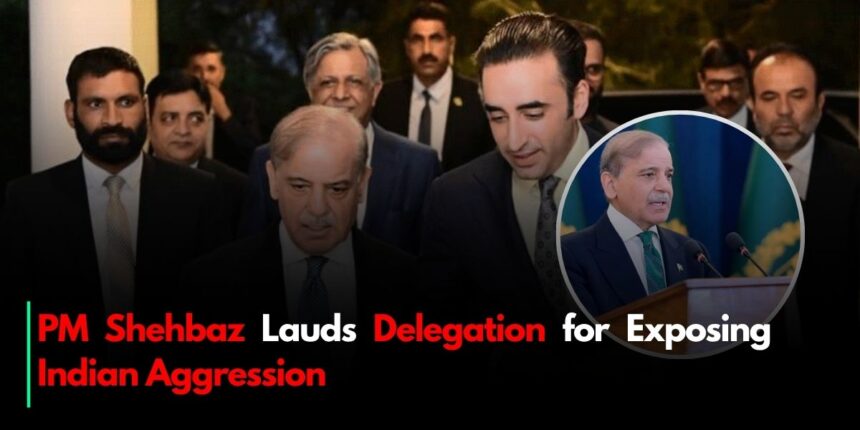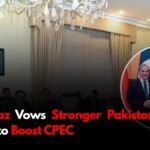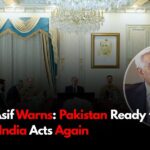Prime Minister Shehbaz Sharif has welcomed home the Bilawal Bhutto‑Zardari–led diplomatic delegation, praising its efforts to draw international attention to India’s recent “military and water aggression.” In a gathering at the PM’s official residence on Tuesday, Shehbaz praised their work as vital during a sensitive time for Pakistan’s regional standing.
A Diplomatic Victory Tour
Over 11 days, the delegation—featuring Bilawal, Hina Rabbani Khar, Sherry Rehman, Dr. Musadik Malik and others—visited capitals in the US, UK, and Europe to present Pakistan’s side of recent events. They tackled everything from the Pahalgam incident to treaty issues, offering explanations to foreign counterparts and media that questioned India’s narrative.
PM Shehbaz said their approach was professional and spirited. “You took Pakistan’s stance with national zeal and achieved clarity where misinformation once ruled,” he told the envoys. He hosted a formal dinner to express appreciation and acknowledged the delegation for projecting Pakistan’s position “effectively and powerfully”.
Military and Water Dispute in Spotlight
The diplomats openly raised accusations about India’s military activities including strikes and actions along the Line-of-Control and stated that they were worried New Delhi would politicise positions on sharing water rights as contained in the Indus Waters Treaty. The diplomats posited that India’s behaviour is part of a broader agenda to marginalise Pakistan and abrogate substantive bilateral arrangements.
Shehbaz noted that global engagement helped counter one-sided portrayals. “They sought to tarnish Pakistan on terrorism grounds,” he noted, “but our team responded with facts and evidence.” He added that Pakistan’s transition from FATF grey list to white list had occurred despite external pressure—a testament to Islamabad’s commitment to reform.
Climate and Regional Context
The gathering also touched on regional climate issues and highlighted Pakistan’s contribution to COP initiatives. Dr Musadik Malik, who briefed the prime minister, was lauded for keeping the conversation well-rounded and projecting Pakistan beyond geopolitical headlines.
Shehbaz said he believes that coordinated diplomacy and domestic policy must go hand‑in‑hand. He praised the delegation’s holistic approach, combining soft power, expert knowledge, and heartfelt communication.
A Message to the International Community
Shehbaz emphasized the team’s warning that continued hostility in South Asia risks destabilising an entire region. He stressed the need for structured dialogue: “Without channels between two nuclear nations, we feed the fire of mistrust.” He urged global powers to support direct engagement and avoid giving precedence to propaganda over diplomacy.
Next Moves
The prime minister also called for ongoing collaboration, encouraging the delegation to prepare follow‑up briefings for Western envoys and think tanks. He suggested the group could expand its outreach, targeting forums like the UN Security Council and SCO agendas to further underline Pakistan’s stance .
Bottom Line:
By commending the delegation, PM Shehbaz is reinforcing Pakistan’s global messaging- one that is based on talking, evidence, and strategic delivery. He signaled to both the world and domestic audience that Islamabad would not shy away from telling its story- it would make its efforts through planned and diplomatic approach. It is a moment of reach and intention at a time where Pakistan is trying to take ownership of its own narrative on the global front.








